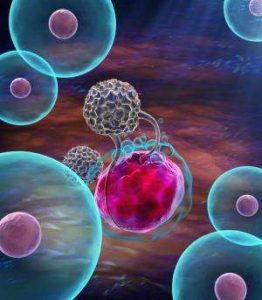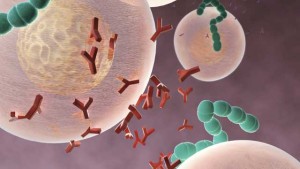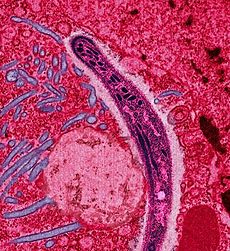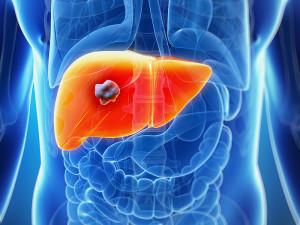Highlights
•
Dead-guide RNA-based CRISPR activation screen identifies targets for CAR-T engineering•
PRODH2 gain of function reprograms proline metabolism in CD8+ T cells•
PRODH2 reshapes transcriptome, metabolome, and immune functions in CAR-T cells•
PRODH2 reprogramming enhances CAR-T cell therapy in both in vitro and in vivo settings
Summary
Chimeric antigen receptor (CAR)-T cell-based immunotherapy for cancer and immunological diseases has made great strides, but it still faces multiple hurdles. Finding the right molecular targets to engineer T cells toward a desired function has broad implications for the armamentarium of T cell-centered therapies. Here, we developed a dead-guide RNA (dgRNA)-based CRISPR activation screen in primary CD8+ T cells and identified gain-of-function (GOF) targets for CAR-T engineering. Targeted knockin or overexpression of a lead target, PRODH2, enhanced CAR-T-based killing and in vivo efficacy in multiple cancer models. Transcriptomics and metabolomics in CAR-T cells revealed that augmenting PRODH2 expression reshaped broad and distinct gene expression and metabolic programs. Mitochondrial, metabolic, and immunological analyses showed that PRODH2 engineering enhances the metabolic and immune functions of CAR-T cells against cancer. Together, these findings provide a system for identification of GOF immune boosters and demonstrate PRODH2 as a target to enhance CAR-T efficacy.







